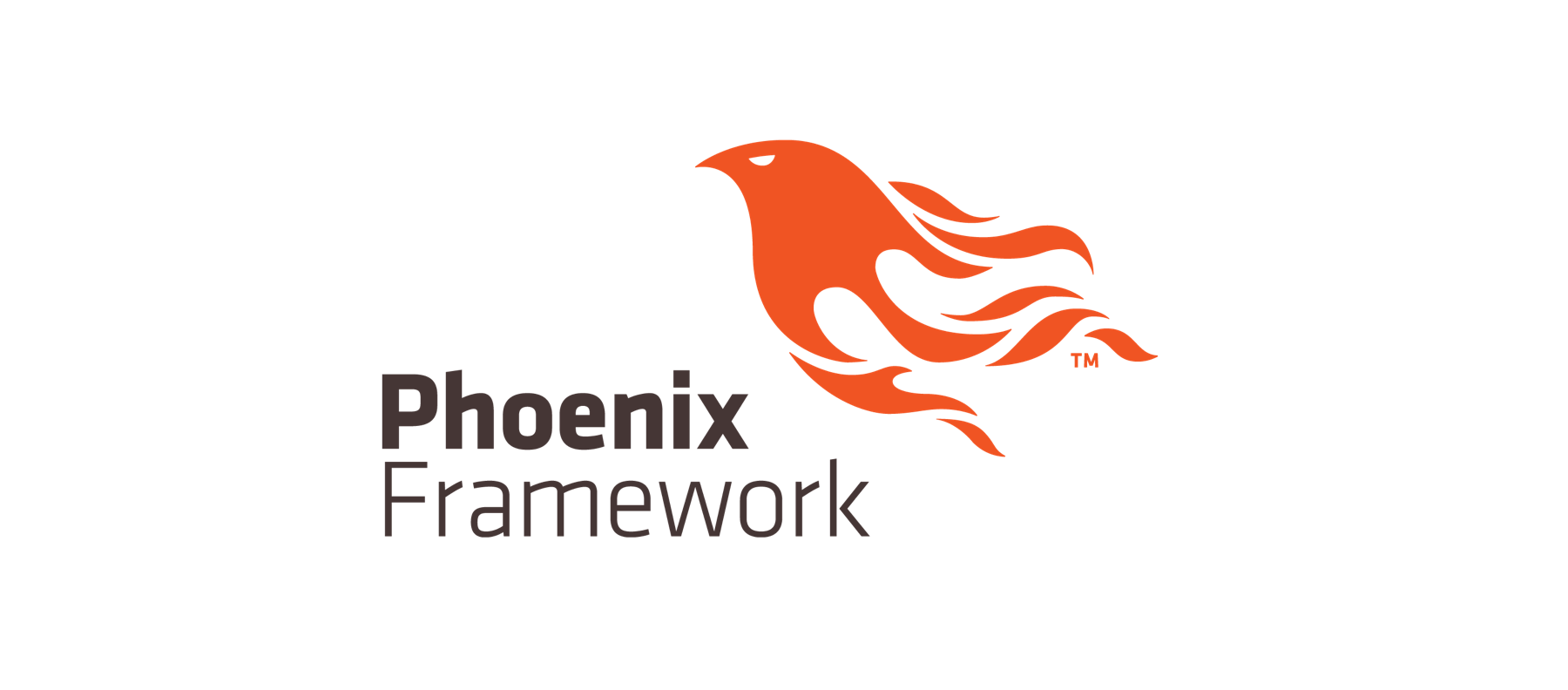HTTP/2 support already available in Phoenix thanks to Cowboy2. Depending on how your load balancing was setup you may now be in a situation where you now need to termiate TLS directly on Cowboy.
When I looked into it there didn’t seem to be a lot of information around it so I decided to assemble the config and details that I used here.
There’s two things that I wanted to do when I set this up:
- only use secure tls versions and protocols.
- keep the keys encrypted.
My suggestions here are based on the following:
- https://github.com/ssllabs/research/wiki/SSL-and-TLS-Deployment-Best-Practices
- http://ezgr.net/increasing-security-erlang-ssl-cowboy/
- https://ninenines.eu/docs/en/ranch/1.3/manual/ranch_ssl/
One challenge that we have is the DH params group file. I’d prefer to generate this on the server but it takes too long to be practical. I have excluded it for the time being as it makes not sense to generate it but then store it in a git repos.
However, your deployment process may be different so if you can take advatage of it, generate it as follows:
openssl dhparam -out dh-params.pem 2048Beyond that we are encrypting our keyfile and then only provide the password to the production ENV. The resulting config looks as follows:
config :phoenix, YourApp.Endpoint,
https: [
port: 443,
cacertfile: "/path/to/certs/cacert.pem",
certfile: "/path/to/certs/cert.pem",
keyfile: "/path/to/certs/key.pem",
password: "keyfile-password-so-read-this-from-the-env",
versions: [:"tlsv1.2"],
dhfile: "/path/to/certs/dh-params.pem",
ciphers: [
'ECDHE-ECDSA-AES128-GCM-SHA256', 'ECDHE-ECDSA-AES256-GCM-SHA384', 'ECDHE-ECDSA-AES128-SHA',
'ECDHE-ECDSA-AES256-SHA', 'ECDHE-ECDSA-AES128-SHA256', 'ECDHE-ECDSA-AES256-SHA384',
'ECDHE-RSA-AES128-GCM-SHA256', 'ECDHE-RSA-AES256-GCM-SHA384', 'ECDHE-RSA-AES128-SHA',
'ECDHE-RSA-AES256-SHA', 'ECDHE-RSA-AES128-SHA256', 'ECDHE-RSA-AES256-SHA384',
'DHE-RSA-AES128-GCM-SHA256', 'DHE-RSA-AES256-GCM-SHA384', 'DHE-RSA-AES128-SHA',
'DHE-RSA-AES256-SHA', 'DHE-RSA-AES128-SHA256', 'DHE-RSA-AES256-SHA256'
],
secure_renegotiate: true,
reuse_sessions: true,
honor_cipher_order: true,
max_connections: :infinity
]In my case, we use distillery and read much of our configuration from the ENV. And we are not generating the DHPARAMS So our file looks more like this:
config :phoenix, YourApp.Endpoint,
https: [
port: "${PHX_TLS_PORT}",
cacertfile: "${CA_FILE_PATH}",
certfile: "${CERTFILE_PATH}",
keyfile: "${KEYFILE_PATH}",
password: "${KEYFILE_PASSWORD}",
versions: [:"tlsv1.2"],
ciphers: [
'ECDHE-ECDSA-AES128-GCM-SHA256', 'ECDHE-ECDSA-AES256-GCM-SHA384', 'ECDHE-ECDSA-AES128-SHA',
'ECDHE-ECDSA-AES256-SHA', 'ECDHE-ECDSA-AES128-SHA256', 'ECDHE-ECDSA-AES256-SHA384',
'ECDHE-RSA-AES128-GCM-SHA256', 'ECDHE-RSA-AES256-GCM-SHA384', 'ECDHE-RSA-AES128-SHA',
'ECDHE-RSA-AES256-SHA', 'ECDHE-RSA-AES128-SHA256', 'ECDHE-RSA-AES256-SHA384',
'DHE-RSA-AES128-GCM-SHA256', 'DHE-RSA-AES256-GCM-SHA384', 'DHE-RSA-AES128-SHA',
'DHE-RSA-AES256-SHA', 'DHE-RSA-AES128-SHA256', 'DHE-RSA-AES256-SHA256'
],
secure_renegotiate: true,
reuse_sessions: true,
honor_cipher_order: true,
max_connections: :infinity
]Note that we are setting files paths dynamically which allows us to switch between certificate sets between staging and production ENVs.






Member discussion